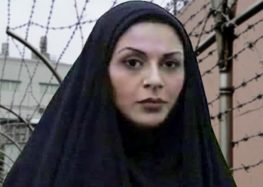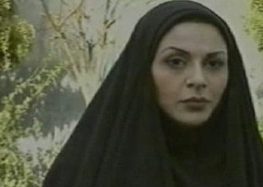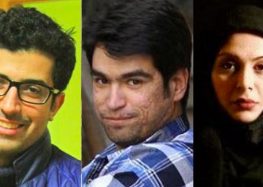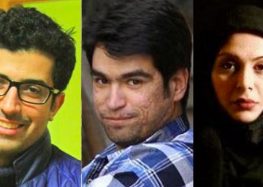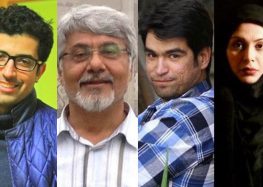Journalist’s Prison Sentence Reduced to Two Years, with Two-Year Ban on Reporting
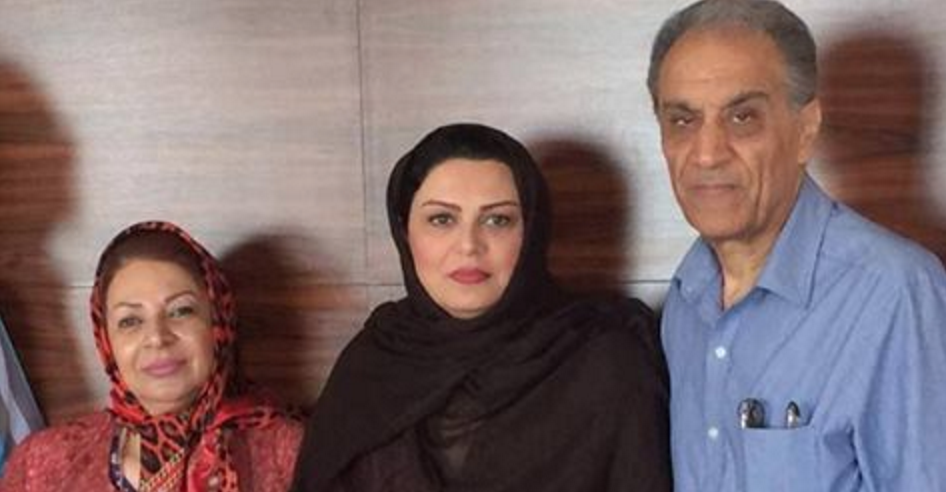
The 10-year prison sentence of newspaper columnist Afarin Chitsaz has been reduced to two years on appeal and she has been banned from practicing journalism for two years according to the ruling issued by Branch 36 of the Appeals Court on September 5, 2016, the International Campaign for Human Rights in Iran has learned.
Chitsaz, who wrote a political column for Iran, the official newspaper of the Hassan Rouhani administration, was arrested during a wave of arrests on November 2, 2015 by the Revolutionary Guards’ Intelligence Organization and sentenced to 10 years in prison in March 2016 for “assembly and collusion against national security” and “collaboration with enemy states” by Branch 28 of the Revolutionary Court.
Her arrest typified hardliners’ targeting of political centrists and supporters of the more moderate administration of President Rouhani, in addition to their long-standing targets of reformist journalists and activists.
On July 5 she was permitted to leave prison for three days on furlough (temporary leave) on 10 billion rials ($320,000 USD) bail. Then, on July 21, she was hospitalized for a knee operation and has been recovering at her parents’ home since August 10.
“My client is under medical treatment for meniscus tears in her knees and for this reason her furlough has been extended several times,” her lawyer, Mohammad Moghimi, told the Campaign. “Her right knee has been operated on and her other knee needs surgery as well. I am hopeful that she will be allowed to remain outside of prison for as long as her treatment requires.”
Three other journalists were also arrested on November 2 by the Revolutionary Guards’ Intelligence Organization: the reformist journalist Issa Saharkhiz, the reformist newspaper editor Ehsan Mazandarani, and reformist journalist Ehsan (Saman) Safarzaei. Davoud Assadi, a marketing manager and brother of the Paris-based dissident journalist Houshang Assadi was also arrested that day.
In March 2016 Mazandarani was sentenced to seven years in prison while Safarzaei and Assadi were sentenced to five years in prison. Mazandarani and Safarzaei’s sentences were reduced to two years in prison on appeal.
Saharkhiz, who previously spent nearly five years in prison for publishing political commentaries critical of the widely disputed results of Iran’s 2009 presidential elections, was sentenced to three years in prison by the Revolutionary Court in Tehran on August 9 for “propaganda against the state” and “insulting the supreme leader.” He will also be tried in a criminal court for allegedly “insulting” Judiciary Chief Ayatollah Sadegh Larijani and former President Mahmoud Ahmadinejad.

